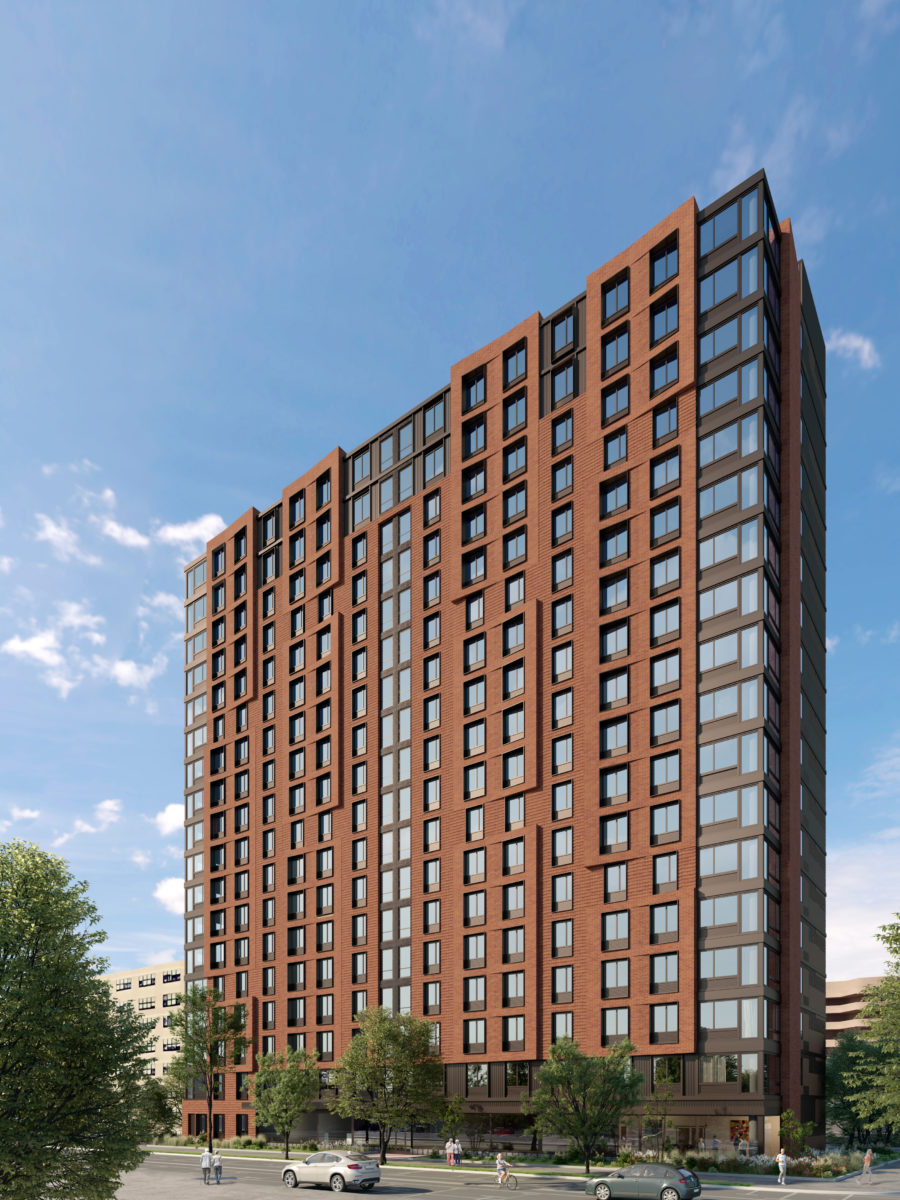A new study on dental care finds significant reports of disparities in oral health among communities of color, veterans and low-income and uninsured Americans.

The newly released State of Oral Health Equity in America survey published by the CareQuest Institute for Oral Health found higher proportions of Asian (49%), Hispanic (49%) and Black (48%) populations reporting discrimination in oral health care compared to their White counterparts (33%).
Nearly six in 10 (59%) of Black adults reporting losing one or more permanent teeth due to decay or gum disease compared to 45% of all adults, and higher proportions of Black (34%) and Hispanic (25%) adults rate their oral health as fair or poor compared to White adults (23%).
Among former military personnel, 14% of veterans reported losing six or more teeth due to decay or gum disease, compared to 8% of non-veterans, while 6% of veterans reported losing all their teeth due to decay or gum disease, compared to 3% of non-veterans. Nearly half of veterans reported that a disability in their household made it difficult to access needed care compared to non-veterans (19.9%).
Furthermore, more than twice the proportion of Americans in the lowest income category (13%) compared to those in the highest category (5%) rated their oral health as poor. Roughly one-quarter of adults who make less than $30,000 said they were often embarrassed or self-conscious of their mouth, compared to 8% of adults who make more than $100,000, while 29% of adults who make less than $30,000 report delaying care due to Covid-19, compared to 19% of adults who make more than $100,000.
The survey also found that 77 million adults, or nearly 30% of the U.S. population, do not currently have dental insurance, with one in four people without dental insurance reporting that their overall health has gotten worse over the past year compared to those with dental insurance (19.9%).





















